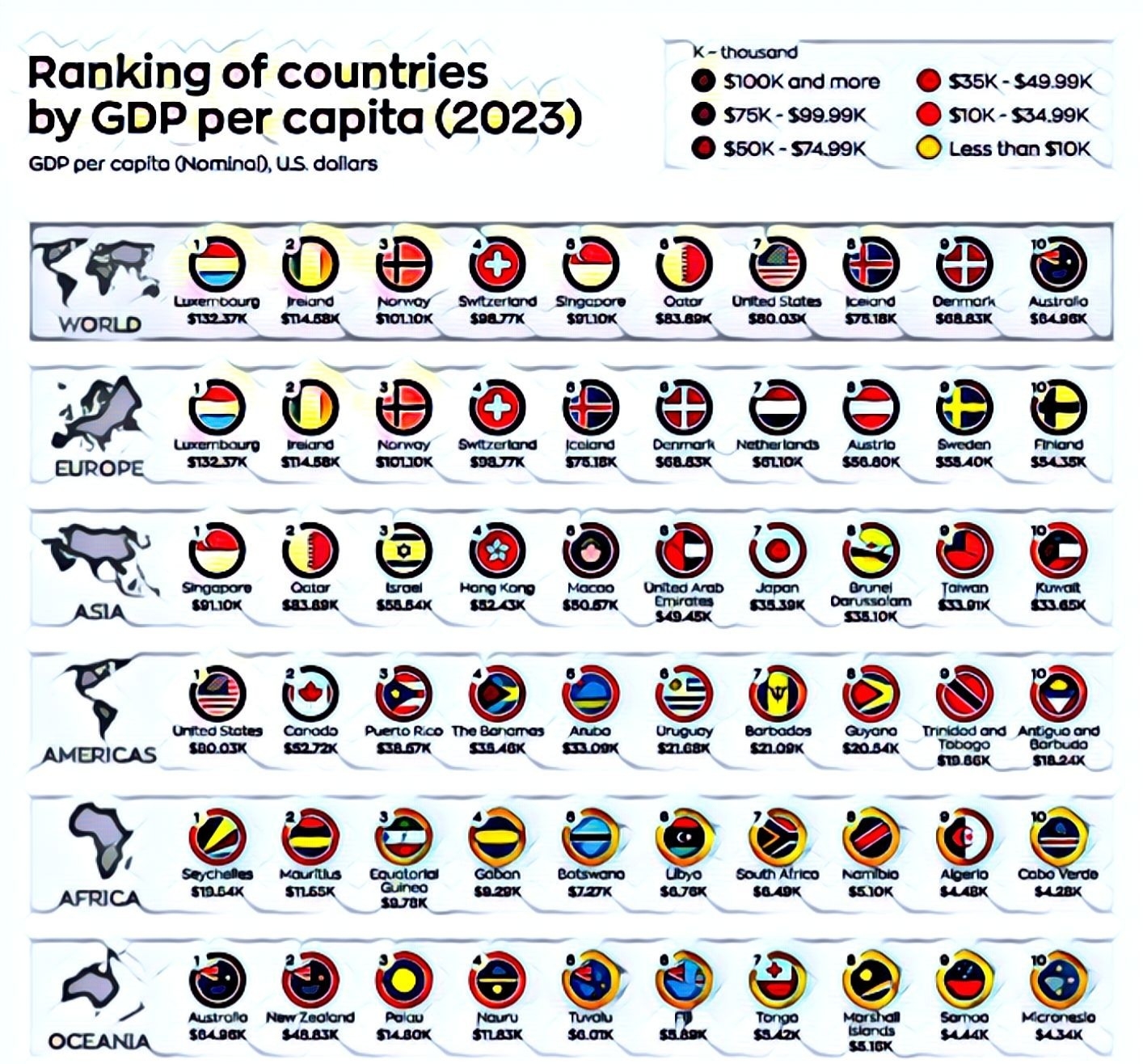
24 February 2024A brief history of the war in Ukraine.
On the second anniversary of the war in Ukraine here is a brief summary of events leading up to the tragic situation today here.
1. 1991 Breakup of the Soviet Union Marks the
beginning of significant turmoil for the newly independent states, with Russia
facing a decade of weakness: economic struggles, political
instability, official kleptomania and corruption, and reduced...














